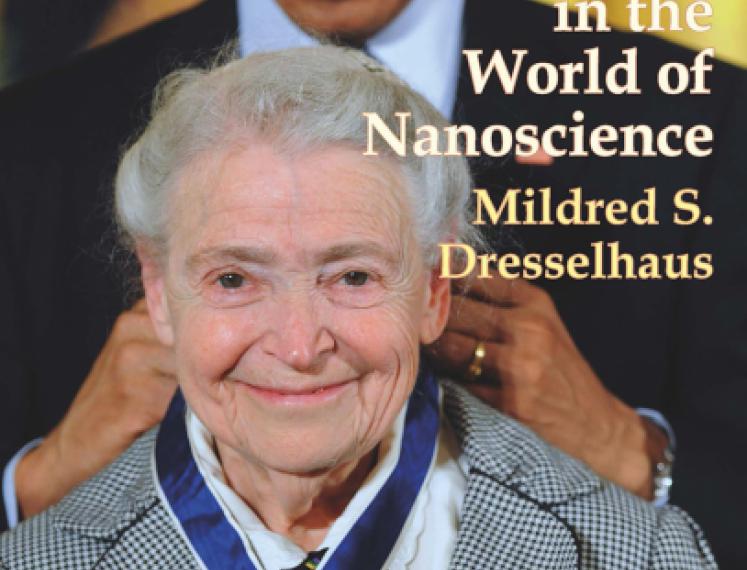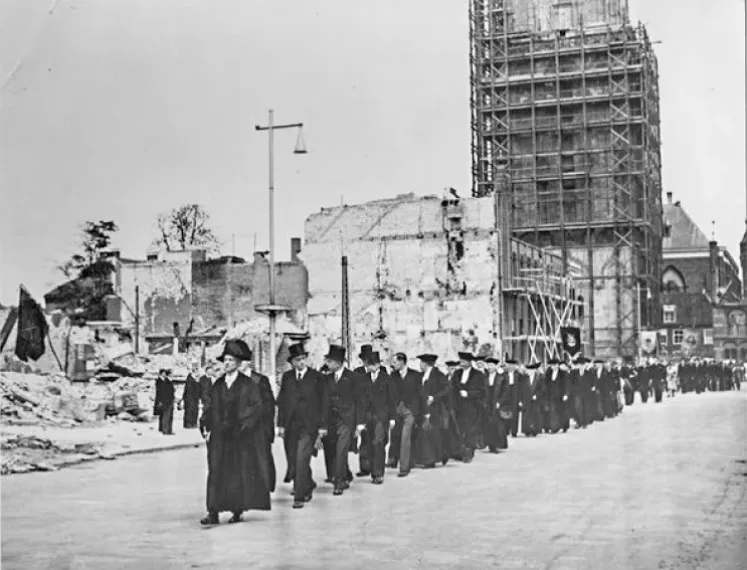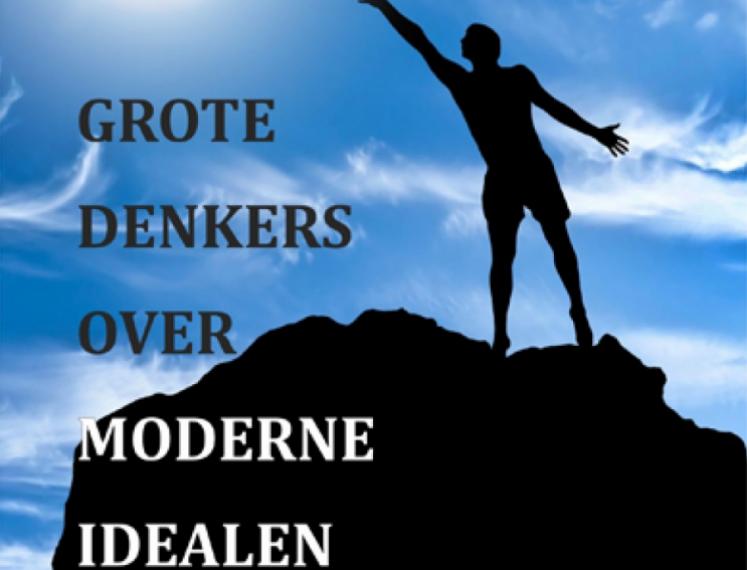Culture and Conflict
Since the fall of the Wall and the end of the Cold War, there have been fewer wars among nations. At the same time, there has been an increase in internal strife and civil wars, especially in development countries.
These conflicts usually have both economic and cultural causes. Economic conflicts can be solved by growth and a better distribution of wealth. Cultural, social, ethnic, or religious conflicts last much longer. They are deeply embedded in society and may fester on for generations.
Globalisation has led to a worldwide divide – a new form of Apartheid. A growing number of people no longer have a stake in the global economy. In neo-liberal capitalism, rather than being exploited, they are now being excluded. And they are aware of their position much more than they were in the past. Modern mass media show them every day what a good and modern life may be like. This is a key source of discontent and it lies at the heart of many violent conflicts and civil wars.
How do cultural conflicts arise and how can we control them? Why do religious, tribal, ethnic, and language divides escalate both in development countries and in Europe? What role does communication play at the start of these conflicts? And what role can the international community play in controlling these conflicts?
Jan Pronk (1940) studied economics at the Erasmus University in Rotterdam. He became a politician in the seventies: member of the Dutch parliament for the Social-Democratic Party (Partij van de Arbeid) and Minister for Development Cooperation and later Minister of Environment. In 2002, he was appointed as Professor at the Institute of Social Studies (ISS) in The Hague. From mid 2004 until the end of 2006 he lived in Khartoum as the Special Representative of the Secretary General of the United Nations in Sudan, where he was leading the UN peace keeping operation (UNMIS). In 2007 he resumed his position at the ISS
The Geert Hofstede Lecture was established in 2004 by the School of Communication and Media of the Hanze University for Professional Education, the Department of Communication and Information Sciences and the Dutch Studies Programme of the University of Groningen and Studium Generale Groningen, in honour of the renowned pioneer of intercultural communication and alumnus of the University of Groningen, Prof. Dr. G.H. Hofstede. The lecture is co-sponsored by the postgraduate Controller Programme (PDCO) of the Faculty of Economics and Management and Organisation of the University of Groningen. This yearly lecture will focus on issues and discussions pertaining to intercultural communication as a driving force in the business world and society as a whole.



